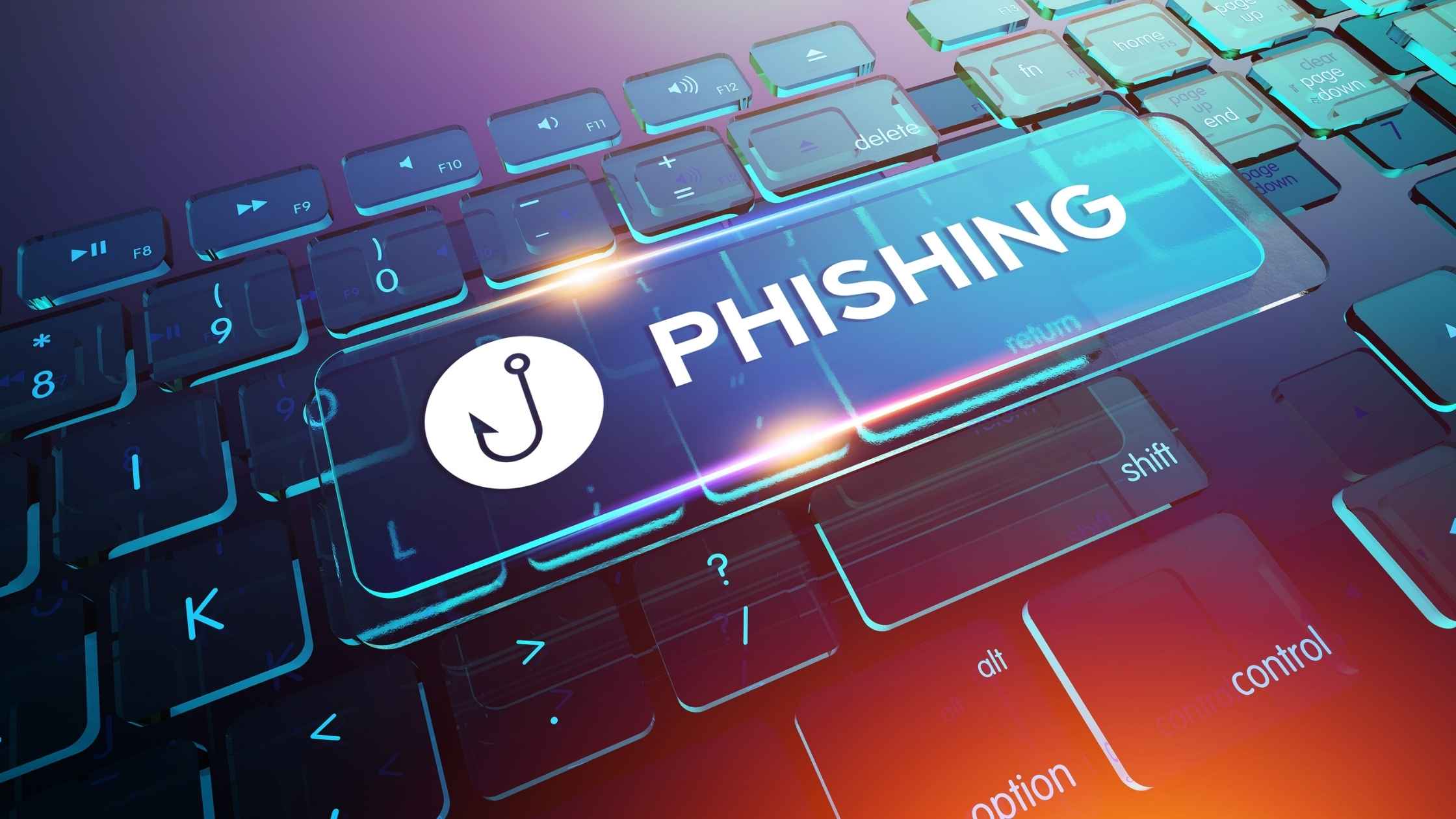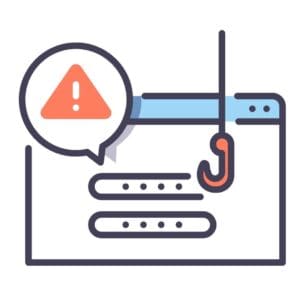
What is phishing?
Phishing is a type of cybercrime in which criminals attempt to obtain sensitive information by tricking victims into providing personal information.
Phishing typically occurs when an email, web page, or other communication from a trusted source looks like it’s from a legitimate entity but contains malicious content designed to exploit vulnerabilities in the victim’s computer or browser.


Tip 1: Be suspicious of unsolicited emails and links, even if they appear to come from a trusted source.
When you receive an email that is unsolicited, it is important to be suspicious of the content and links within the email. Many times, these emails are scams or contain viruses that can harm your computer. It is important to remember that legitimate companies will not send you unsolicited emails, so if you receive one, it is likely not from a trustworthy source. Additionally, many of these emails will try to get you to click on a link to take you to a website.
Tip 2: Hover your cursor over links before you click them to see the actual destination URL.
When you hover your cursor over a link, the actual destination URL is revealed. This is helpful because you can see where the link will take you before you actually click it. This can help you avoid clicking on links that may be unsafe or lead to websites that you do not want to visit.
Tip 3: Don’t give out your personal information unless you are sure the recipient is trustworthy.
One reason that scammers may want your personal information is so that they can use it to commit identity theft. This is a crime in which the thief uses your personal information, such as your name, Social Security number, or credit card number, to fraudulently obtain money or other items of value. Another reason that scammers may want your personal information is so that they can use it to scam you out of money.
Tip 4: Use strong passwords and change them regularly.
Passwords that are easy to remember are typically not very strong, as they can be guessed or hacked easily. To create a strong password, it is important to use a variety of different characters including numbers, letters, and symbols. Additionally, it is important to change your password regularly and never use the same password for multiple accounts. We recommend using a password manager to remove the burden of creating and memorizing unique passwords for each account.
Tip 5: Install anti-virus software and keep it up-to-date.
There are many reasons why you should have anti-virus software installed on your computer. One of the most important reasons is that anti-virus software can protect your computer from malware, which can harm your computer or steal your personal information. Additionally, anti-virus software can protect your computer from ransomware, which can lock you out of your computer until you pay a ransom. Other benefits of anti-virus software include protection from phishing attacks and identity theft.
Tip 6: Check frequently for security patches by running operating system updates.
Operating system updates are important because they often contain security patches which fix vulnerabilities in the system. By not installing updates, you are leaving your computer open to attack from hackers. Additionally, updates can often improve the performance of your computer.
What to do if you've been phished?
If you think you may have been a victim of a phishing attack, take action immediately.
You can call your credit card company if you believe your card is compromised and you can change your account access credentials with a new password. Run an Anti-virus scan if you downloaded something that appears to be suspicious. You can also report an incident to the Canadian Centre for Cyber Security: https://www.cyber.gc.ca/en/
